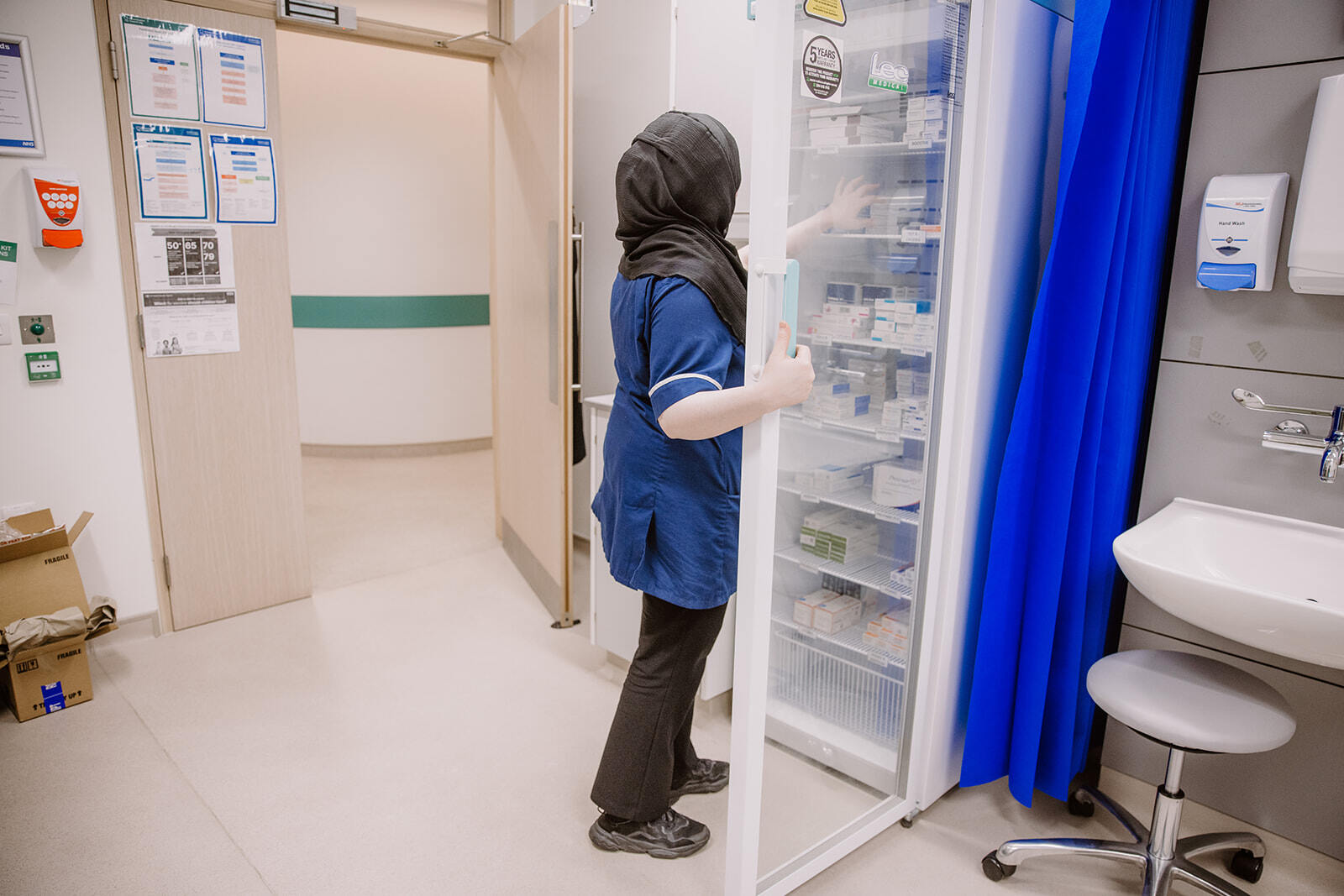
World Patient Safety Day 2024
On World Patient Safety Day 2024, our National Medical Director Dr Paul Hughes reflects on what patient safety means at Operose Health.
September 17th is World Patient Safety Day. In the run up to today, I’ve been reflecting on what patient safety means for at scale primary care organisations, such as Operose Health.
Over the course of my career in primary care, I have seen some big changes in the way we work and how we diagnose and treat patients. We know that demand for primary care is at an all-time high and that to help keep patients safe, we need to trial new ways of working, adopt new technology and utilise new systems and processes to deliver resilient, modern and innovative primary care.
I see this happen every day at Operose Health, where we care for over 630,000 patients in 60+ GP practices across the country.
Working at scale and our culture
One of the huge benefits of working with an organisation of our scale is how the safety of both patients, and colleagues, benefits from our robust Governance structures, our culture, our commitment to engaging with patients and to our principles of continuous improvement. Our ability to review incidents and complaints across our span of GP Practices means that we are able to share learning at a scale that I have not seen before.
We know from reports such as The Francis Report, Keogh Review and Berwick Report that an organisation’s culture is key to keeping patients safe. At Operose Health, we create a just culture that values open communication, learning and growth.
We make time for our teams to discuss key learnings from complex cases across both clinical and operational settings. Our centralised reporting means that an improvement at a practice in, say Leeds, could be shared across teams in Devon, London and Hampshire, to the benefit of thousands of other patients.
We encourage our colleagues to trial new ways of working, to pilot new technologies or to undertake projects that improve patient safety. For example, our work on reducing healthcare inequalities in Lambeth, our internal development of a digital access tool for patients, Dr.iQ and the adoption of new automated health technologies to help to reduce human error with patient registrations – enabling patients to access care quicker.
We have four Freedom To Speak Up Guardians at all levels in our organisation who all have different roles and backgrounds, who help to maintain our culture of openness. Our colleagues know that if they speak up, their voice will be heard, and their concerns addressed.
In fact, as part of our commitment to maintaining an open culture, we are investing in a new real-time employee feedback solution to help us improve as an employer and as a primary care provider.
Improving diagnosis for patient safety
This year’s theme for World Safety Day is “improving diagnosis for patient safety”. To me, formulating a diagnosis whilst a patient is in front of you is only one part of this story. We need to make sure that patients are accessing care so that we can make a diagnosis in the first place.
Encouraging patients to come and see us, helping to reduce stigma around certain conditions or symptoms within the communities that we serve is essential to making an earlier diagnosis and improve outcomes for patients. We need patients to come forward when they have concerning symptoms and to know that their GP practice is there for them.
To this end, our practices regularly host patient engagement events to raise patient awareness of conditions such as bowel, cervical, breast and prostate cancer, childhood immunisations, mental health and diabetes – just to name a few.
The focus of these events is to help patients understand what they need to look out for, when to access help and how to get in touch with their GP practice. Recently one of our practices in East London held a ‘Diabetes and Prediabetic Community Integrated Event’ with their PCN in a local park. Both Pre-Diabetic and Diabetic patients were able to speak with clinicians, support services and each other about their lived experience. One of our Practice Paramedics also used the opportunity to further enhance patient and community safety by demonstrating the principles and practice of BLS and how to use AED in the community.
We host childhood immunisation events up and down the country to provide parents, guardians and carers with an understanding of immunisations that are on offer to their children and why they are so important. We particularly focus events based on our patient populations, targeting cohorts with lower levels of uptake.
On this World Safety Day, I am hugely grateful to work within an organisation where patient safety is truly at the heart of what we do. It is what we base our decisions on and build our culture around – every single day, not just on the 17 September.
Dr Paul Hughes
National Medical Director

